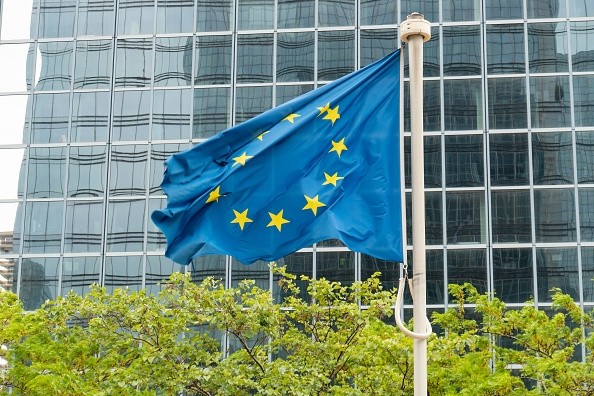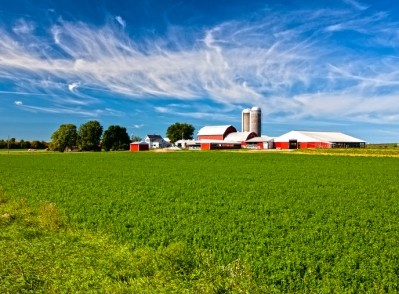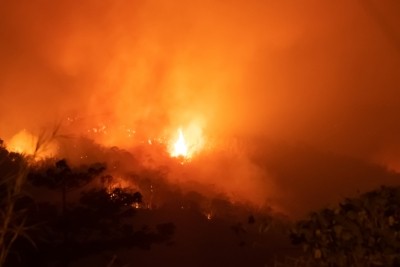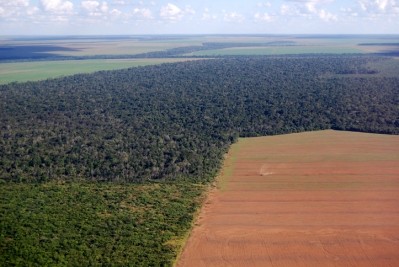How to minimize EU contribution to deforestation

And the EU plays a significant role in these dynamics, it said.
According to a study funded by the Commission, the EU imported and consumed one third of the globally traded agricultural products associated with deforestation between 1990 and 2008. Over that period, EU consumption was responsible for 10% of worldwide deforestation associated with the production of goods or services.
“There is a market and regulatory failure reflected in the lack of level playing field between companies that act responsibly towards deforestation and those who do not.”
In that context, the EU executives is seeking feedback on a regulatory proposal aimed at minimizing the risk of deforestation and forest degradation associated with products placed on the EU market.
The consultation period on that roadmap started this week and submissions are allowed until March 4, 2020.
The recent Communication on a European Green Deal from the Commission envisages measures to protect forests and to promote imported products and value chains that do not involve deforestation and forest degradation.
“Feedback will be taken into account for further development and fine tuning of the initiative. The Commission will summarize the input received in a synopsis report explaining how the input will be taken on board and, if applicable, why certain suggestions can't be taken up.”
The Commission is looking to promote the consumption of products from deforestation-free supply chains in the EU. Biodiversity loss and climate change require urgent action, it added.
“Forests are home to 80% of the world’s terrestrial biodiversity. Activities related to forestry and other land use — primarily deforestation — were responsible for 12% of greenhouse gas emissions, which makes them the second major cause of climate change after the burning of fossil fuels.
“Protecting forests is thus essential to meet the objectives of the Paris Agreement and the 2030 Agenda for Sustainable Development.”
The Commission said intends to carry out an impact assessment of regulatory and non-regulatory options for additional demand side measures to minimize the risk that products linked to deforestation are placed on the EU market and to develop a definition of deforestation-free supply chains.









